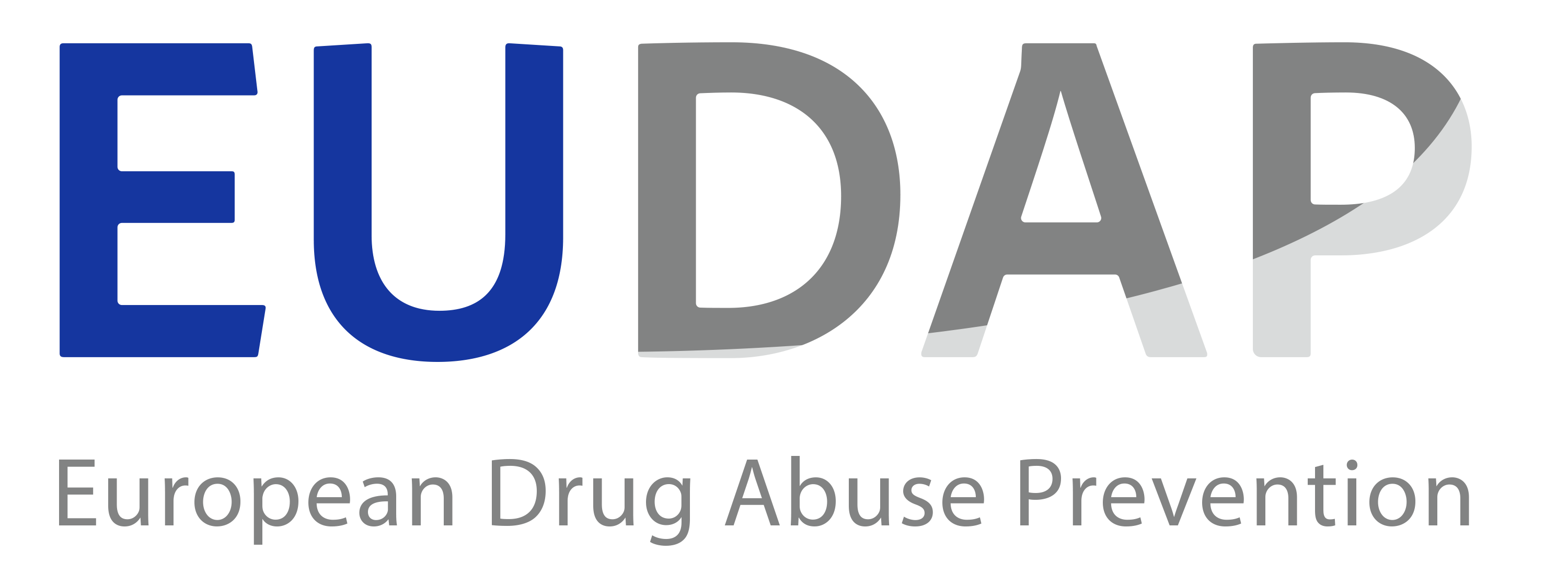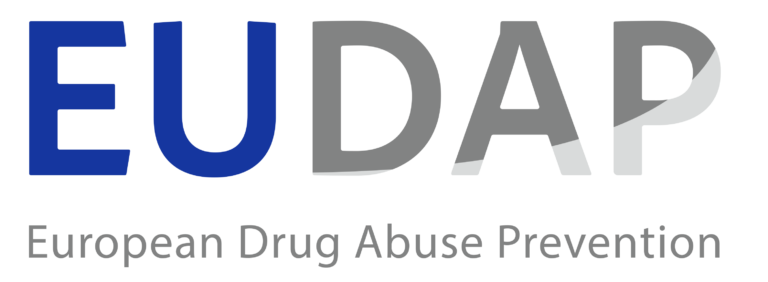The "Unplugged" Prevention Curriculum
Unplugged is a school-based curriculum for the prevention of substance use among 12-14 years old students, developed by a team of European public health practitioners and researchers in the first EU-Dap project.
It was evaluated through a cluster Randomized Controlled Trial conducted in 7 European countries (Italy, Belgium, Austria, Sweden, Spain, Greece and Germany) in 2004-2007 and subsequently re-evaluated in replication trials conducted in Czech Republic, Nigeria, Brasil, Peru, and Chile. Methods and results of these trials are described in the Research section. You can find references of papers in the Publications section.
The “Unplugged” curriculum is based on the Comprehensive Social Influence Model* and aims to Universal Prevention**.
* Comprehensive Social Influence model combines life skills education with normative education and acquisition of knowledge on risks and consequences of substance use
** Universal Prevention refers to activities aimed to avoid or delay the use of substances by all youths, irrespective of their background risk profile. The assumption of universal prevention is that it is important to reduce the whole bulk of new users


After the piloting and evaluation in the first EUDap project, the curriculum was revised and updated according to the teachers’ and trainers’ comments. The main changes included a new lesson order, the development of the student workbook, shorter lessons for easier implementation, and some innovative activities. A new appealing graphic version was developed, and the new program, together with the student workbook and the cards, was made freely available.
Education Material
The Teacher’s Handbook is an essential instrument for the teachers to implement the program in class. It provides a general introduction on how to implement the program in the classroom and includes details on activities to deliver in each lesson. The teacher’s handbook is complemented by a set of 47 Cards to be used during the activity of Lesson 9 (Drugs – get informed). The cards are used to discuss the consequences and risks of drugs use through a quiz conducted by the teacher.
The Student’s Workbook is intended as a personal workbook of the student and contains activities that students are to work through during the Unplugged lessons. The teacher gives a copy of the workbook to each student during the first lesson. The workbook contains materials on activities that students are to work through during the Unplugged lessons, as well as information about use of drugs and related health risks. It is intended as a personal tool; however, at the end of the program it can be shared with classmates.
Parents' workshops
Schools and teachers can also choose to host Parents’ workshops The EU-Dap study did not find any specific influence of the parent component on the effectiveness of the pupil’s behavior. However, parents’ workshops were scarcely attended during Phase I of the project, so that this component could not be properly evaluated.





